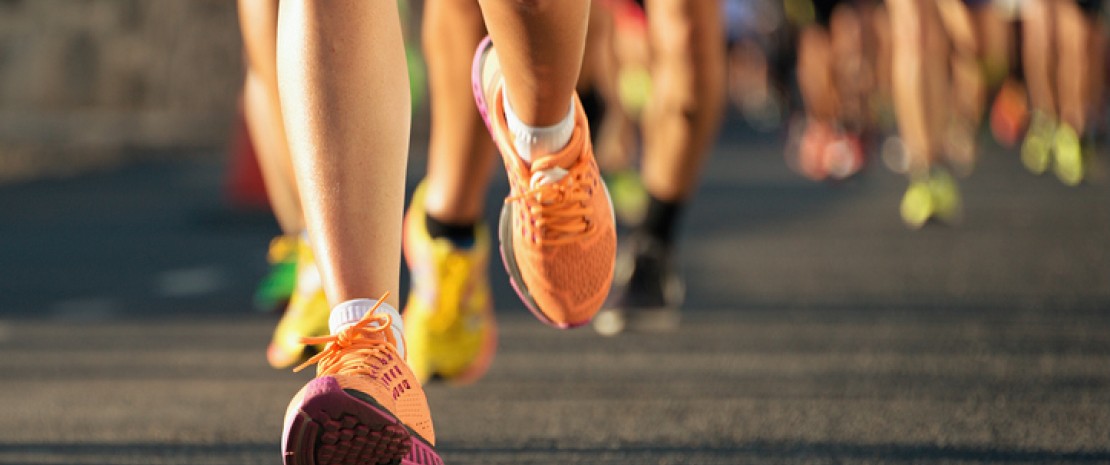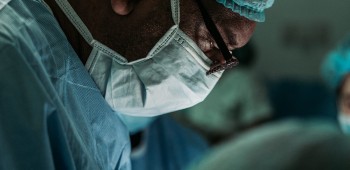Based on recent works, it seems that marathon runners should not be the only ones to step onto the podium: their gut bacteria are also involved in their athletic performance.
The bacterium that turns mice into champions
A team of researchers observed that the postmarathon gut microbiota of runners was particularly rich in bacteria from the Veillonella genus and they isolated in their stool a specific species called Veillonella atypica. The simple inoculation of this bacterium to mice transforms them into seasoned athletes: the little rodents run longer on treadmills!
Marathon runners feed bacteria...
The underlying mechanisms still had to be elucidated. One specificity of Veillonella bacteria gave the researchers an idea: they feed on lactic acid which is produced by the body during extended physical exercise and which causes muscle soreness on the day following a sporting feat. After several additional experiments, the researchers suggested the following model: when they exercise, marathon runners use the sugar (or glucose) stored in their muscles and it is transformed into lactic acid (leading to muscle cramps). A portion of this lactic acid reaches the liver where it will be transformed back into glucose; the rest crosses the intestinal wall and feeds Veillonella bacteria living in their digestive tube.
... and bacteria boost marathon runners
Veillonella, which are well fed by their long-distance runner hosts, rapidly multiply. And that is why the microbiota of runners is so abundant and diverse at the end of a marathon. But it is not the only reason: during physical exercise, bacteria consume lactic acid and transform it in the colon into propionate, a beneficial substance derived from lactic acid which returns into the muscles of athletes via the blood flow and improves their performance. Moreover, in mice, the injection of propionate in the colon was enough to turn them into the kings of treadmill. This win-win relationship between the bacterium and its host allows the athlete to complete its marathon in a record time... their belly full of Veillonella!









